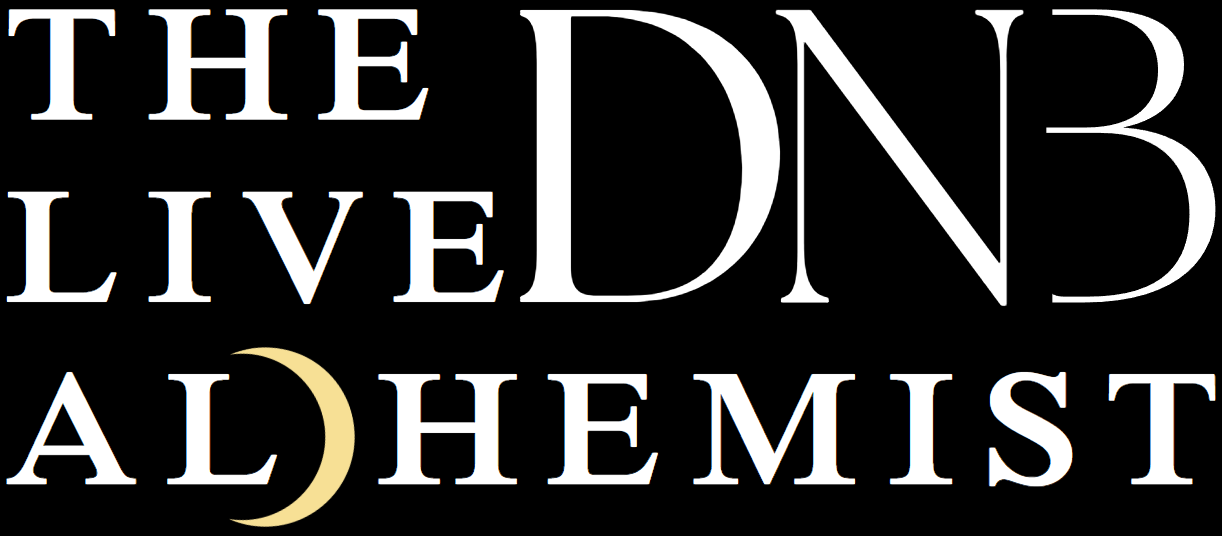I used to think sovereignty meant power.
Standing tall.
Getting the last word.
Making choices no one could question.
Now my sense is it Sovereignty isn’t about being untouchable.
It’s about being uncorrupted.
By fear.
By noise.
By the constant pull to shape-shift into something more acceptable.
It’s not a crown you wear.
It’s a mirror you hold.
That earns you a crown.
And the mirror doesn’t lie.
Am I Hitting the Mark?
Did I choose this — or did I default to it?
If it wasn’t chosen, it’s not sovereign.
Am I speaking from truth, or from fear of losing connection?
Truth spoken with risk is power. Truth swallowed is slavery.
Do my boundaries cost me something, or are they just convenient preferences?
Real boundaries cut. If no one’s ever flinched, they might not be real.
Can I be alone without feeling abandoned?
If solitude terrifies you, you're still chained to the crowd.
When I say "no," do I explain it?
You don’t owe reasons for protecting your energy.
If you’re over-explaining,
you’re still seeking permission.
Have I recently walked away from something that no longer served me, without drama, guilt, or apology?
That’s what sovereignty feels like: clean, quiet exits.
Do I move with ritual, or react with impulse?
Ritual is a sovereign rhythm.
Impulse is a slave to chaos.
When was the last time I disappointed someone by being honest?
Sovereign people will be called selfish.
Take that as confirmation, not condemnation.
Do my softness and my power coexist in the same room?
If one disappears when the other enters, you’re not yet whole.
Am I acting from alignment, or survival?
Sovereignty starts when you stop choosing what merely "works" and start choosing what’s true.
Am I Missing the Mark?
Am I waiting for someone to pick me, choose me, validate me?
That’s not sovereignty. That’s supplication.
Do I get passive-aggressive instead of setting a boundary?
That’s fear pretending to be clever.
Do I keep things in my life because I’m afraid to be wrong about them leaving?
Clinging is not equal to commitment.
It’s self-doubt in a costume.
Do I shape-shift to keep the peace?
If you can’t hold your shape under pressure, you’re not sovereign — you’re compliant.
Do I confuse being “easygoing” with being voiceless?
"Go with the flow" often means "I don't want to upset anyone." That’s not peace, that’s erasure.
Is my inner voice drowned out by the volume of others’ needs?
If you can't hear yourself, someone else is ruling you.
Do I say “yes” because it’s easier than facing the fallout of “no”?
Every dishonest yes is a brick in someone else’s palace, built on your ruins.
Am I exhausted not because of what I do, but because of what I won’t stop tolerating?
Fatigue is often spiritual disobedience in disguise.
Free Will vs. God’s Will — A Tension, Not a Contradiction
This is where it gets spicy.
Humans make real choices.
God has ultimate authority.
Both are true.
Think of it like a chess grandmaster playing a novice:
- You have real moves.
- You have real consequences.
- But He already sees the board, beginning to end, and nothing you do surprises Him.
He’s not controlling your every move.
He’s so sovereign that He can work with whatever you choose, and still achieve His purpose.
If you have free will, why give it away? Lilith didn't.
Moving goalpost?
Don't think that's it.
Sovereignty Doesn’t Mean Perfection, It Means Consciousness
You’re not trying to get it right.
You’re trying to stay awake to where you drift.
And choose to return.
So if you read these and feel called out?
Good. That’s the door.
If you read them and feel solid?
Good. That’s the throne.
Cheers to free will,
If you earn it,
If you can keep it,
P.S.
Sometimes people think you’re being passive-aggressive, when really, you’re just holding up a mirror.
Like when someone consistently shows up late, and instead of calling them out, you start showing up ten minutes late too.
When they finally say, “Wow, you’re late,” and you calmly respond, “Yeah, I figured we weren’t really on a schedule,” that’s not avoidance, it’s reflection.
You didn’t explode.
You didn’t guilt-trip.
You simply let them experience their own behavior from the outside.
That’s not passive.
That’s intentional.
The difference is in the aim: are you trying to punish, or are you inviting awareness?
A mirror doesn’t manipulate.
It doesn’t argue.
It just stands there, clear, steady, and impossible to ignore.


